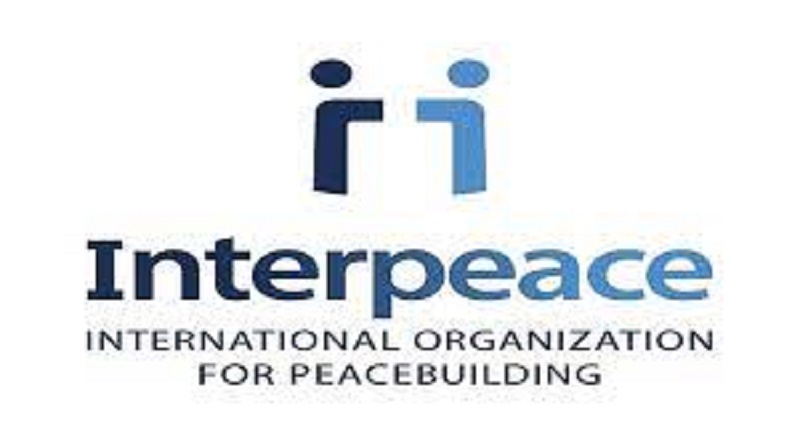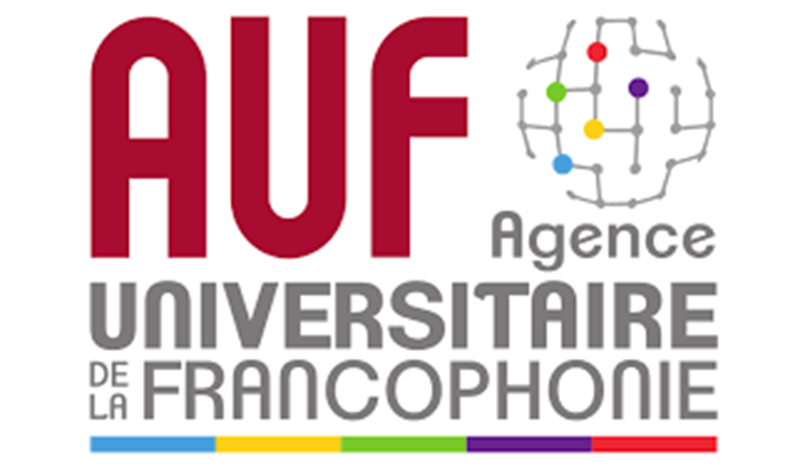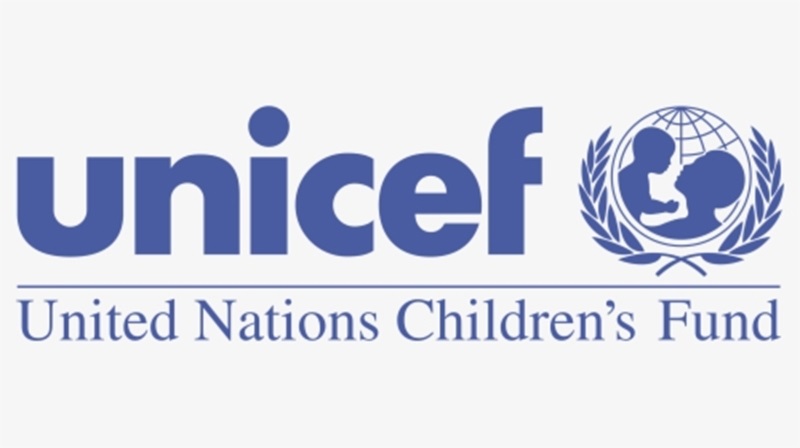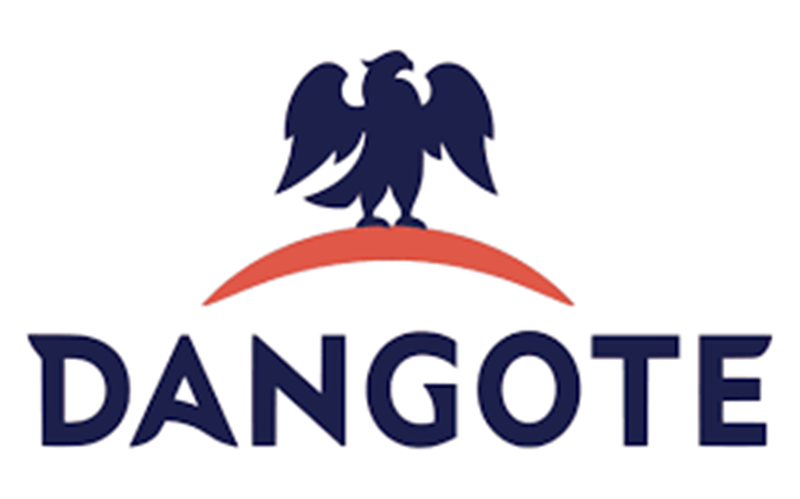Interpeace est une organisation internationale de consolidation de la paix qui renforce la capacité des sociétés à gérer elles-mêmes les conflits de manière durable et non violente. Interpeace conçoit et réalise son travail en fonction de chaque situation, en partenariat avec les partenaires et les communautés locales, sur la base de consultations et de recherches approfondies. Interpeace s’assure également que les processus de gestion des conflits et de changement qu’elle soutient sont intégrés à tous les niveaux de la société, y compris les communautés locales, la société civile, le gouvernement et la communauté internationale (nous appelons cela une approche « Track 6 »).
Interpeace has a wide definition of partnership and under this definition, the organization classifies several types of partnerships, including Strategic Partners (Netherlands, Sweden and Switzerland), Global Partners (various donor governments such as Germany, Canada, EU amongst others), Institutional Partners (multilaterals, regional institutions such as IGAD, likeminded institutions such as Berghof) and National, Regional and Local Partners (civil society organisations and government institutions and ministries in our programmatic countries). This partnership strategy will mostly focus on the last two categories of partners.
The purpose of the partnership strategy is to streamline Interpeace’s global approach towards partnerships at the programmatic and operational level. This is to ensure that we apply the same standards towards all partners, to ensure fair and equal treatment, promote better standards for mutual capacity strengthening, to lighten administrative burdens on Interpeace and partners while managing risks, promoting localization in decision making, sharing of accountability, sharing of responsibilities towards safeguarding, risk management, etc.
Duties and responsibilities
- Collate and present best practices, within the development sector, on partnership strategies and modalities and optimal governance structures to the partnership strategy working group and GMT.
- Conduct extensive consultations with Interpeace staff, Interpeace partner staff and Interpeace donors, both at HQ and in country offices.
- Draft a first, second and final version of the partnership strategy on the basis of background research, consultations and several rounds of feedback.
- Review and rewrite Interpeace templates for partnership selection criteria, due diligence, partnership agreements and Memorandum of Understanding and to streamline these and ensure that they align to the new partnership strategy.
Tasks & outputs
- 2 days. Collate and present best practices on partnership strategies to the partnership strategy working group and GMT. This should include an overview of Interpeace internal documents relevant to the design of a partnership strategy, international commitment to good partnership practices, common practices of likeminded organisations, preferences of important Interpeace donors, including Dutch, Swiss and Swedish development aid. The following should be included:
- Presentation of common partnership principles and practices.
- Presentation of common typologies of partners (e.g., the need to differentiate between various organisations).
- Presentation of common partnership modalities, differentiating between various type of partners (CSOs, government institutions, likeminded international organization, multilaterals).
- Presentation on various options for sharing Internal Cost Recovery.
- Presentation on common practices regarding financial, administrative and programmatic management, oversight, capacity strengthening and risk management.
- 6 days. Conduct extensive consultations with Interpeace, Interpeace partner staff and Interpeace donors, both at HQ and in country offices.
- Consultation with the partnership working group and the GMT. (0.5 days)
- Consultation with Interpeace operational and programmatic field staff (2.5 days)
- Consultation with staff of partner organisations. (2 days)
- Consultation with Interpeace donors. (1 day)
- Summarize, present and discuss the findings of the various consultations with the partnership working group, present an initial table of content for the partnership strategy and the key ideas under each of the headings of the table of content. (0.5 day)
- 6 days. Draft a first, second and final version of the partnership strategy on the basis of several rounds of feedback.
- Produce a first draft of the partnership strategy, to be reviewed internally by programme and operational staff in field offices. (3 day)
- Produce a second draft on the partnership strategy on the basis of the feedback of the feedback, to be reviewed by GMT. (2 days).
- Produce a final partnership strategy on the basis of the final feedback. (1 day)
- 2 days. Review and rewrite Interpeace templates for partnership selection criteria, due diligence, partnership agreements and Memorandum of Understanding and to streamline these and ensure that they align to the new partnership strategy.
- (1 day) Review processes for partnership selection, including partnership selection criteria and due diligence and where necessary, rewrite these in line with the partnership strategy.
- (1 day). Review and rewrite Interpeace templates for partnership agreements and memorandum of understanding in line with the partnership strategy.
Qualifications:
Education and Experience
- Strong and proven knowledge on global best practices within the peacebuilding, development and/or humanitarian sector on partnership strategies, principles, governance and partnership modalities with a wide variety of partner organisations, including governments and government entities, civil society partners, social movements and international organisations.
- Proven track record in producing partnership strategies.
- A proven track record in working in international settings with a variety of partners.
- Strong writing and consultation skills in French and English.
- A bachelor’s degree in international relations, political science, development, management, or related field. A masters or higher level of education is an added advantage
Scope
- The assignment is for a total of 16 days within a two-month timespan. The assignment should start in January and be finalized mid-March at the latest.
- Due to COVID-19 restrictions, successful candidates can complete this assignment from home, but in frequent contact with Interpeace staff, partners and donors.
How to apply
- Provide a CV and motivation letter.
- Provide a maximum 3-page proposal with a methodology on how you want to complete this assignment.
- Present a financial bid for this tender in US dollars.
- Provide written material that proves relevant experience in the design of partnership strategies.
We will review the applications both on the technical and financial content and value for money. The best two tenders will be invited for an interview by the partnership strategy working group. Deadline for applications is Sunday December 19th, selection and interviews will take place during the week of December 20th. Applications can be sent to [email protected] and addressed to the Partnership Strategy working group.
Interpeace values diversity among its staff and aims to achieve gender equality both through gender parity at all levels of the organisation and promoting a gender dimension in all its work. We welcome applications from women and men, and those with disabilities.





